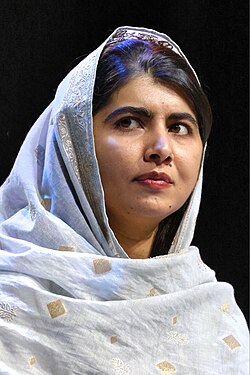A total of nine civil society organisations in Nigeria have secured a combined $1.7 million from the Malala Fund to expand efforts aimed at helping out-of-school girls return to formal education, including pregnant girls.
The grant is part of a wider $4.8 million funding package awarded to 21 organisations across Brazil, Ethiopia, Nigeria, Pakistan and Tanzania, as the fund rolls out its 2025–2030 strategy.
The plan focuses on countries with the highest proportion of girls missing out on schooling, a challenge particularly acute in Nigeria and Pakistan, which together account for 15% of the global population of out-of-school girls.
Read Also: How poverty increases out-school-children menace in Northern Nigeria
Beneficiaries of the latest funding in Nigeria include the Aid for Rural Education Access Initiative, Anti-Sexual Violence Lead Support Initiative, Black Girls’ Dream Initiative, BudgiT Foundation, Centre for Advocacy, Transparency and Accountability Initiative, Isa Wali Empowerment Initiative, Participatory Communication for Gender Development Initiative, Teenage Education and Empowerment Network, and Women, Children, Youth Health and Education Initiative.
According to the Malala Fund, 66% of the grants will support young women-led organisations, representing more than triple the original target. The fund said its approach builds on years of partnership with grassroots groups that understand the realities girls face in their communities.
The organisations will focus on strengthening gender-responsive budgeting, improving transparency in education financing, and enhancing public oversight of resources allocated to the sector.
Emphasising the aim of the project, some of the projects will also promote school re-entry pathways for pregnant or married girls and employ digital platforms to monitor government spending and identify gaps in infrastructure.
Chief Executive Officer Lena Alfi said the latest investment underscores the fund’s commitment to empowering local actors who are closest to the issues. She noted that, at a time when support for girls’ rights is under strain globally, backing experienced advocates and young women leaders is essential to sustaining progress.
“The smartest investments we can make is in the young women and seasoned activists who know exactly how to defend them,” the Chief Executive Officer said.



